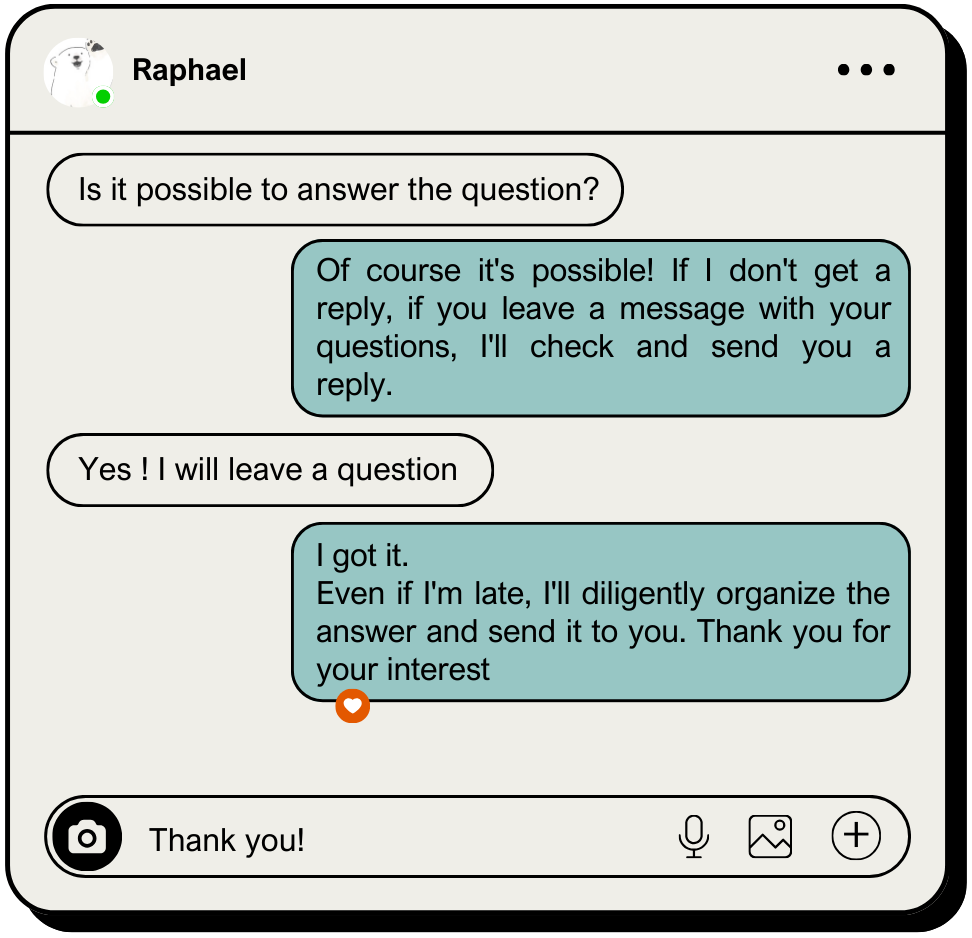Is it possible for an organization’s culture to significantly impact its overall success and employee satisfaction? For Atomy operators, building a strong organizational culture can be the key to creating a harmonious and productive work environment. This article will delve into the various facets of developing an organizational culture that can enhance workplace dynamics and drive success.
Table of Contents
Overview
Building a strong organizational culture is a multifaceted challenge that demands careful planning and execution. The process involves creating a shared sense of purpose, nurturing an inclusive environment, establishing clear communication channels, and promoting continuous growth. For Atomy operators, these elements are especially crucial as they navigate the complexities of their unique business model.
Thesis Statement
A robust organizational culture is vital for Atomy operators because it fosters unity, enhances productivity, and drives long-term success. This article will provide a comprehensive guide on building such a culture, supported by factual evidence, case studies, and expert insights.

Historical Context
Organizational culture has long been an area of interest for management experts. Early research by Edgar Schein, often considered the father of organizational culture, highlighted its importance in influencing employee behavior and organizational effectiveness. Over the decades, this field has evolved, incorporating various theories and practices from disciplines such as psychology, sociology, and business management.
Current Trends
In recent years, the emphasis on organizational culture has intensified, driven by several factors:
- Employee Engagement: Studies show that engaged employees are more productive, loyal, and likely to stay with the company.
- Remote Work: The rise of remote work has highlighted the need for a strong organizational culture to keep teams connected.
- Diversity and Inclusion: Modern organizations prioritize diversity and inclusion, understanding that diverse teams bring varied perspectives and innovative solutions.

Key Concepts and Definitions
Organizational Culture
Organizational culture refers to the shared values, beliefs, and norms that influence how employees interact, make decisions, and accomplish their tasks.
Atomy Operators
Atomy operators are independent distributors working within the Atomy network marketing system. They operate as entrepreneurs, promoting and selling Atomy products.
Break It Down
Create a Shared Sense of Purpose
Establishing a clear mission and vision is crucial. This helps Atomy operators align their individual goals with the overall objectives of the organization.
- Mission Statement: A concise declaration of the organization’s core purpose.
- Vision Statement: An aspirational description of what the organization aims to achieve in the future.
Nurture an Inclusive Environment
Inclusion fosters a sense of belonging, which can significantly enhance employee satisfaction and performance.
- Diversity Training: Educate operators on the importance of diversity and inclusion.
- Inclusive Policies: Implement policies that promote equality and prevent discrimination.
Establish Clear Communication Channels
Effective communication is the lifeblood of any organization. For Atomy operators, it ensures that everyone is on the same page and can collaborate effectively.
- Regular Meetings: Schedule consistent meetings to discuss goals, challenges, and updates.
- Feedback Mechanisms: Create channels for operators to provide and receive feedback.
Promote Continuous Growth
Supporting the personal and professional development of operators is essential for long-term success.
- Training Programs: Offer training sessions to enhance skills and knowledge.
- Mentorship Opportunities: Pair experienced operators with newcomers to provide guidance and support.
Example 1: Case Study of Google
Google is often cited as a paragon of organizational culture. The company’s focus on creating a positive work environment has led to high levels of employee satisfaction and productivity. Google’s culture emphasizes:
- Innovation: Encouraging employees to experiment and take risks.
- Transparency: Open communication about company goals and performance.
- Flexibility: Offering flexible work schedules and environments.
Example 2: Atomy Success Stories
Numerous Atomy operators have thrived by embracing a strong organizational culture. For example, a team in South Korea attributed their success to:
- A strong sense of community.
- Regular training and development sessions.
- An inclusive and supportive environment.
Compare Different Points of View
Top-Down vs. Bottom-Up Culture Development
| Approach | Description | Pros | Cons |
|---|---|---|---|
| Top-Down | Leadership defines and implements the culture. | Ensures alignment with organizational goals. | May not fully capture employee perspectives. |
| Bottom-Up | Employees have a significant role in shaping the culture. | Encourages employee buy-in and satisfaction. | Can be time-consuming and less structured. |
| Hybrid | Combines elements of both top-down and bottom-up approaches. | Balances leadership vision and employee input. | Requires careful coordination and management. |
Impact Assessment
A strong organizational culture can have several positive impacts:
- Productivity: Engaged employees are more productive.
- Employee Retention: A positive culture reduces turnover rates.
- Innovation: An inclusive environment fosters creativity and innovation.
Conversely, a weak or toxic culture can lead to high turnover, low morale, and decreased performance.
Future Directions and Implications
Predictions
The future of organizational culture is likely to be shaped by several trends:
- Remote and Hybrid Work Models: Organizations will need to find ways to maintain culture in non-traditional work environments.
- Technological Integration: Technology will play a crucial role in facilitating communication and collaboration.
- Emphasis on Well-being: Mental health and well-being will become central components of organizational culture.
Implications
For Atomy operators, these trends present both challenges and opportunities. By staying ahead of these developments, they can build a resilient and dynamic organizational culture.
Conclusion
To summarize, a strong organizational culture is imperative for Atomy operators. It enhances productivity, fosters unity, and drives long-term success. By creating a shared sense of purpose, nurturing an inclusive environment, establishing clear communication channels, and promoting continuous growth, Atomy operators can build a thriving organizational culture.
What do you think is the most crucial element in building a strong organizational culture for Atomy operators?
For more insights and strategies on organizational development, consider exploring our other articles and resources.



